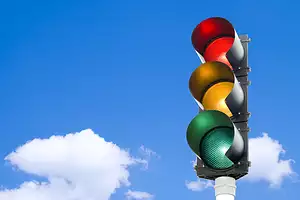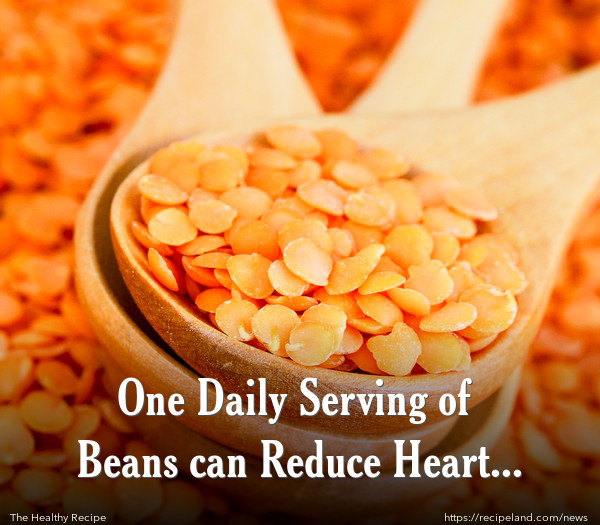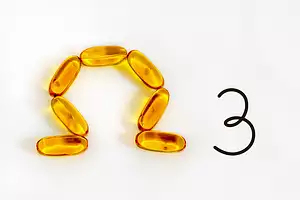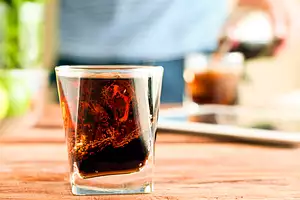It might be that it takes just one serving of beans per day to decrease “bad” cholesterol levels enough to decrease the risk of developing heart disease, based on the results of a recent study conducted at St. Michael’s Hospital in Canada.
Although this does not seem like a great intake of beans, chickpeas or lentils, most people residing in North American must probably eat twice the amount that they are currently consuming. At the time of the study, it was determined that the average Canadian consumed approximately a half-serving per day of beans, chickpeas or lentils (pulses).
Consuming a full serving each day of pulses can decrease LDL levels (bad cholesterol) by approximately 5%. Because these foods have a low glycemic index, they tend to help the body process trans fats and help to displace animal proteins properly. This could lead to a risk reduction of 5-6% when it comes to development of heart disease.
Because this is the second most common cause of death in Canada, as with other countries, this is an important realization. Dr. John Sievenpiper, one of the lead researchers for the study, stated, “Canadians have a lot of room in their diets for increasing their pulse intake to derive the cardiovascular benefits. Only 13 per cent consume pulses on any given day.”
After studying more than 1,000 Canadians, it was determined that men had a greater benefit when it came to reducing LDL levels, compared with the women in the study. It is unclear whether the added benefit was related to a less healthy diet, overall, or whether other factors were involved.
Finally, researchers wanted to include the fact that this dietary change had many additional benefits, including the fact that the foods recommended were fairly inexpensive and readily available.
SOURCES: https://www.ausfoodnews.com.au/2014/04/22/daily-serving-of-beans-peas-chickpeas-or-lentils-may-significantly-reduce-%E2%80%9Cbad%E2%80%9D-cholesterol.html;https://www.nbcnews.com/id/15145789/ns/health-diet_and_nutrition/t/benefits-beans-include-lower-cancer-risk/; Image courtesy of Witthaya Phonsawat / FreeDigitalPhotos.net










Comments